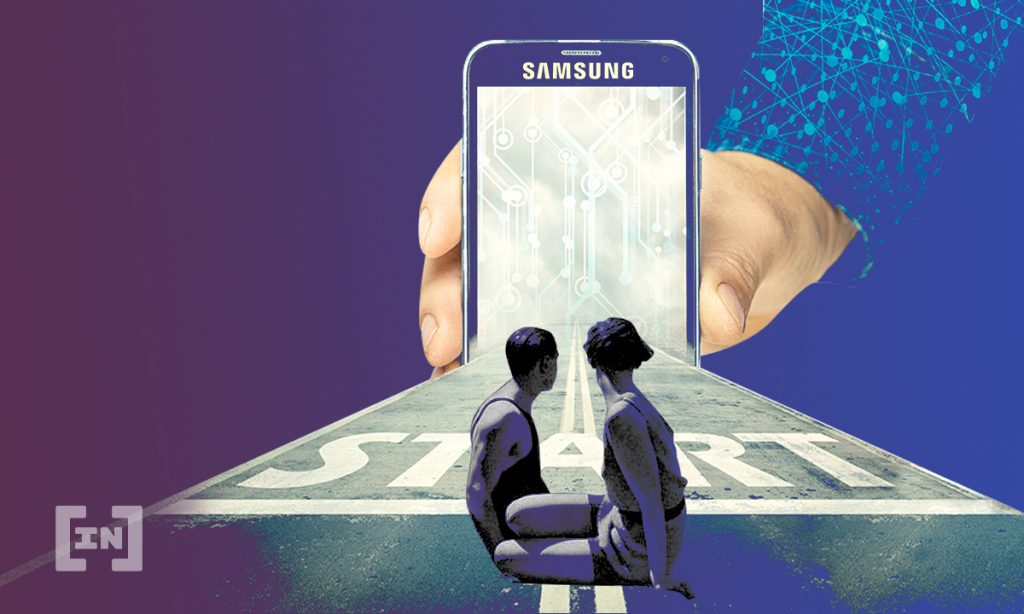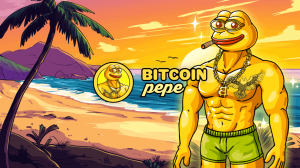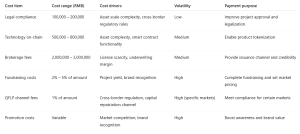Blockchain-Based Social Media Aims to Make Online Socializing Truly Free

Blockchain technology is innovative and known for evolving quickly. Blockchain-based platforms and protocols are moving into spaces to revolutionize how we interact with the world, including social media.
One of the biggest game-changers in communication capabilities in the 21st century was the development of social media. These digital spaces have cultivated some of the most influential moments and figures in modern society.
However, now established social media are combining with blockchain technology. Therefore bringing a new frontier of digital communal spaces to the market.
While social media has been revolutionary, data collection and privacy have arisen as fundamental issues.
This is where the blockchain is providing solutions and innovating to build better platforms.
There is already a combining of the crypto world in the social media sphere. Facebook, Twitter, and Instagram, among others, are seeing an increasing presence of crypto-related content.
This year alone, social media saw a sharp increase in engagement surrounding the search term “bitcoin.”
The storm of activity brought on by NFTs also gave rise to unexpected collaborations with social media.
Recently, an Instagram influencer sold her “love” as a $250,000 NFT. Commenting on the sale, she explains that it was a part of her online persona.
Social media has also been a large tool for influence and awareness of the space. Big-name personalities are throwing in their opinions on the crypto space over social media platforms.
For example, Elon Musk uses social media regularly to rally masses behind the infamous meme-coin doge.
However, established social media platforms are no strangers to controversy. Those issues that are most crucial and concerning include data mining, security, and especially privacy.
Centralized social media platforms such as Twitter, Whatsapp, and Facebook are monitored and governed by a single corporation.
Therefore, when users sign up to a traditional social media platform, they hand over their privacy, security, and data rights to that corporation. Despite publicized policies, these corporations are known to mishandle precious information.
However, this is where blockchain-based social media platforms could have the upper hand. Distributed ledger technology gives back power to the users.
In a standard social media network setup, the centralized business which owns the platform also owns the server the network relies on.
This gives the big guys like Jack Dorsey of Twitter or Mark Zuckerberg of Facebook a lot of reign over the people (and subsequently their data) on those networks.
However, if a social media network is decentralized, user data is distributed all over, and no single entity has control over it.
The way this decentralization happens is through the collective. The users set the terms. At its core, blockchain-based social media allows users transparency and high security.
While these may seem like fanciful ideas for the future, there is already work on social spaces on the blockchain. These include start-ups like Subsocial, Kahuna, Blockster, and Uhive.
Based on the Polkadot blockchain, Subsocial is a decentralized social media platform that emphasizes a censorship-free existence. Alex Siman, founder of Subsocial, aims for the platform to be a “flourishing network of diverse thought and content creation.”
“Gone will be the days of worrying about getting banned for posting something, or having your personal data sold to big tech. The platform’s decentralized nature means that you alone own your data, and your attention is not being sold.”
Control over data
Rampant censorship seems to go hand in hand with data exploitation. Decentralized platforms, however, have a solution for this centralized ailment as well.
The upcoming Kahuna platform is specifically designed to “protect the intellectual property of content creators,” says Olli Mäenpää, Managing Director of Kahuna:
“There is a reason that it is called ‘social media’ We question why any data found on social media should be owned and stored by big tech companies instead of the content creators themselves,” he says.
“If there is a conversation between two people on a social media platform, that conversation should be kept decentralized, meaning, it should remain between those two people just like a face-to-face discussion. The conversation should not be stored on a central server (like Facebook or Twitter) because this approach is prone to security breaches and fraud.”
Interest in data control and privacy have shot up since the revelations about how sites use data have become more widely known.
In a 2020 study, Viasat found that 71% of respondents check their advanced privacy settings when joining a social media platform. Although this shows they are still signing up, the interest in keeping content private is clear.
“All over the world, people want to take back their privacy and retain their intellectual property, and peer-to-peer technology is the best way to help them achieve these goals,” says Mäenpää.
Monetization the right way
Alongside privacy and control, monetization of social media data is a much-discussed topic.
Already, blockchain innovation companies are finding ways to bring crypto monetization to known social media spaces. However, in a decentralized social media space, monetization adds to the freedom of choice these spaces foster.
The two previously mentioned platforms, Subsocial and Kahuna, both have built-in monetization systems which allow users to control where their micro-funds go.
In addition, these platforms, along with other emerging decentralized platforms, include their own NFT ecosystems. Therefore content creators don’t need to go anywhere besides their own little ecosystem to manage their content monetization.
The platform Uhive allows users to take NFTs one step further. Those in the Uhive metaverse can turn their social profile itself into an NFT.
“Imagine owning your profile and its data on any legacy social media platform and being able to say how your data is used, and if it’s used to generate revenue, you will earn the lion’s share,” says the team.
Carving out a niche
At the moment, many of these platforms are either in their infancy or still in development. However, as we’ve seen with other innovations coming from the decentralized space, it’s only a matter of time before the mainstream catches on.
Certainly, those engaging in the blockchain-based social media world are a part of a niche for the moment.
Unsurprisingly, the decentralized and crypto communities are the first groups some are targeting. For example, Blockster.
It touts itself as the “official space for the blockchain industry. Our platform is an all-in-one networking tool for people within the blockchain industry,” according to the platform’s CMO, Lidia Yadlos.
It is indeed a one-stop spot for those interested in the crypto world. It features in-network market performance data, a wallet, social trading – where influential traders can make their moves public.
This is a smart way to achieve buy-in from a community already committed to the technology. Rather than having to convince people to trust a decentralized space, their focus is marketing the space to those already invested.
Troubleshooting for the future
As different and innovative as each may be, blockchain-based social media platforms aim to solve major issues in the current social media space.
While this is a big feat, believers in decentralized technologies are driven by the technology’s possibilities. Despite the challenges.
Certainly, these decentralized platforms will have their own problems. These include the possibilities of bugs, eventual centralization, and power hierarchies avoidance, and managing uncensored explicit content.
As Siman from Subsocial comments, “designing a decentralized system is not always easy, as human nature leans towards the centralization of power.”
However, he, along with the many others in blockchain-based social media, believe that harnessing cutting-edge technology allows users “to engage with each other as they please, in a truly free manner.”
Disclaimer
All the information contained on our website is published in good faith and for general information purposes only. Any action the reader takes upon the information found on our website is strictly at their own risk.













